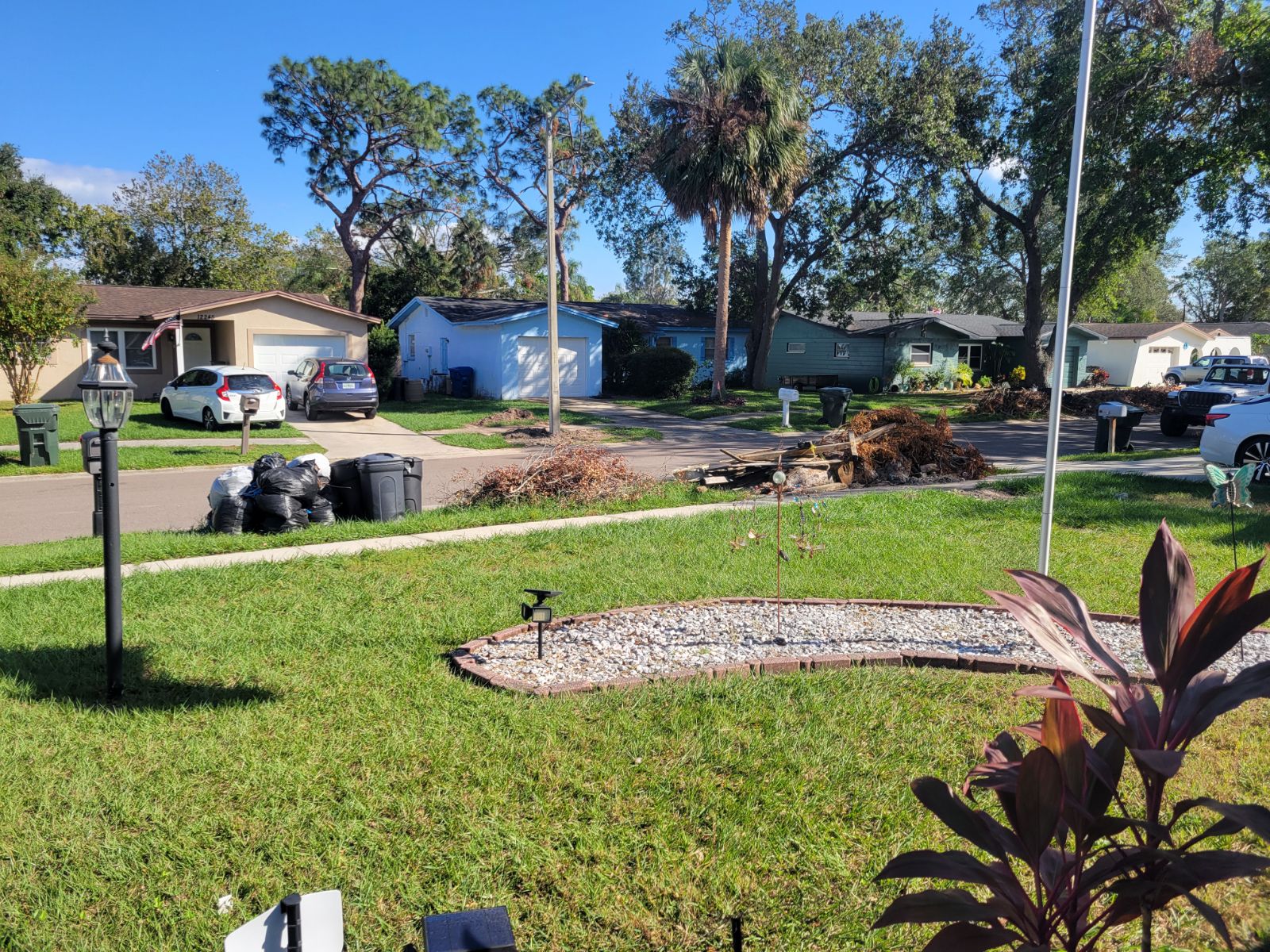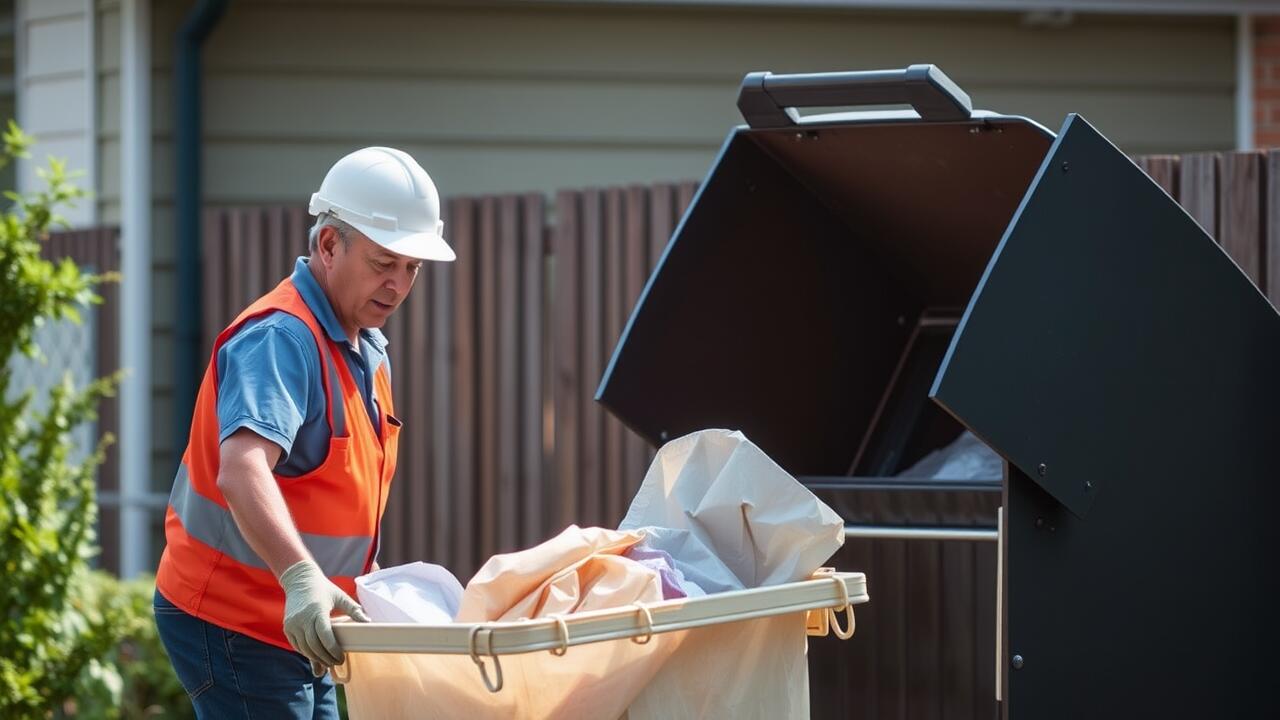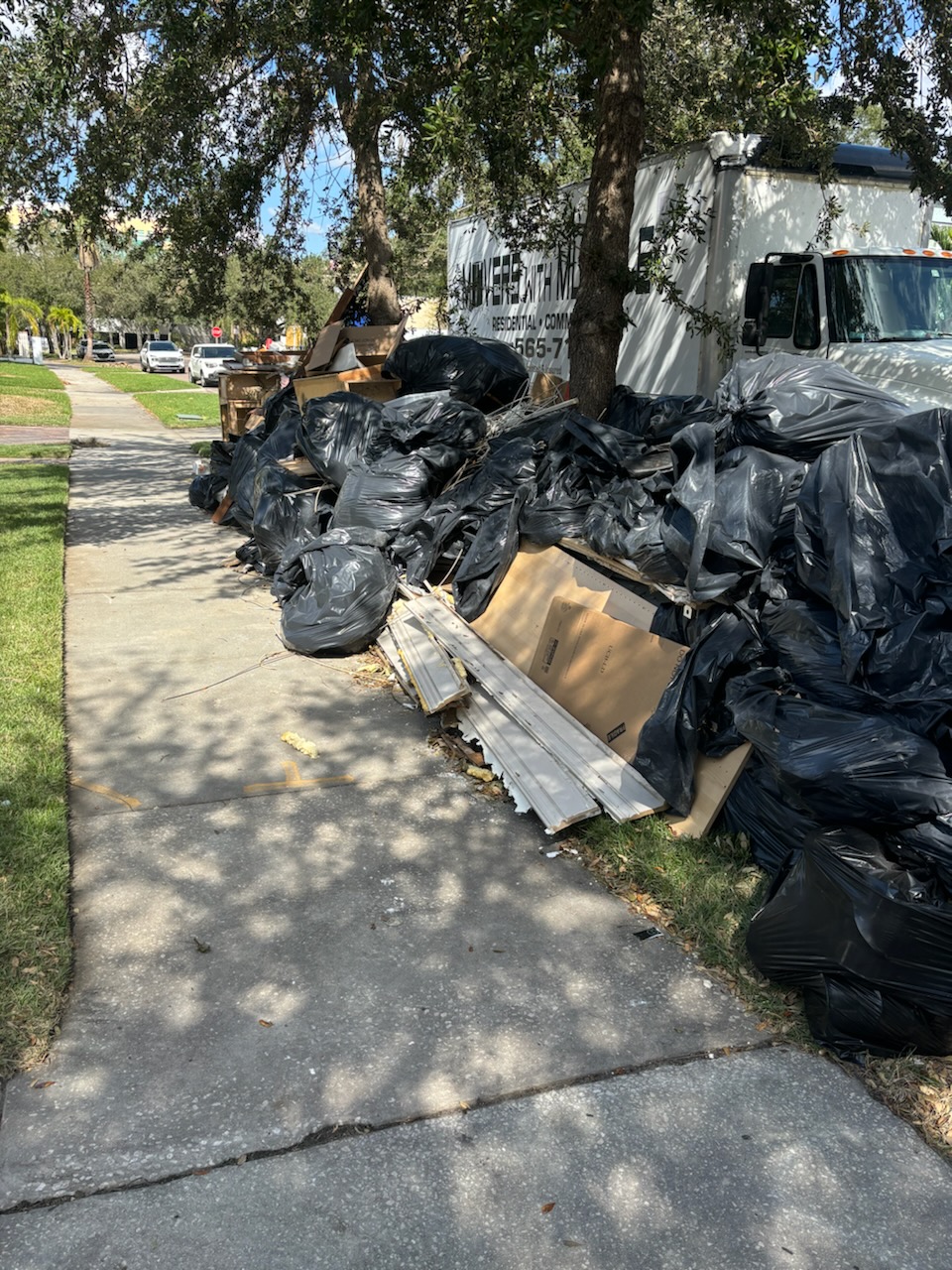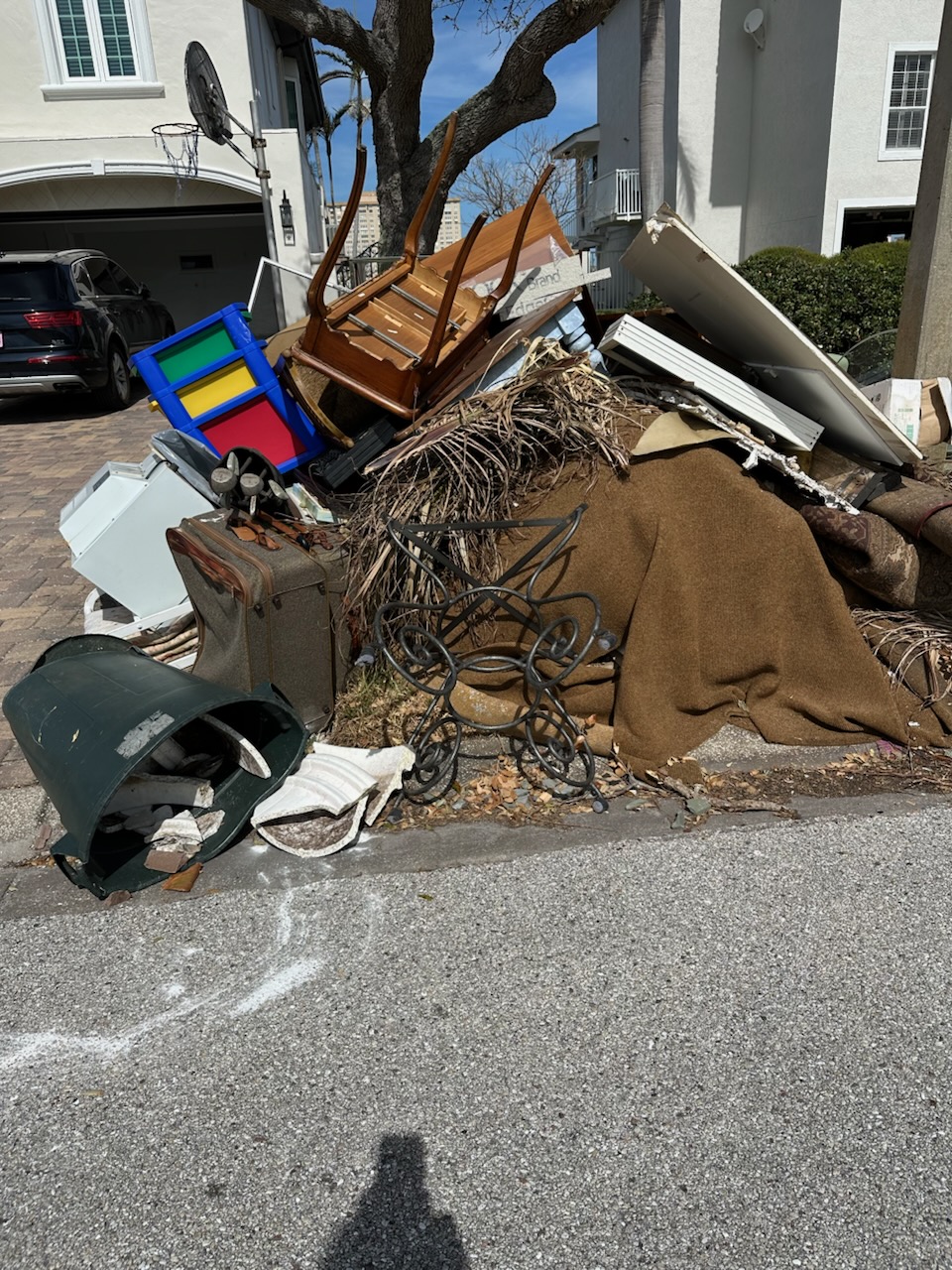
Safe Disposal of Electronic Waste
Electronic waste, or e-waste, consists of discarded electronics such as old computers, phones, and televisions. These items often contain hazardous materials that pose risks to both health and the environment. Municipalities typically offer designated drop-off locations for e-waste to prevent these harmful substances from ending up in landfills. It is vital not to include e-waste in your Residential Garbage Collection Continue to read this blog post for more great tips., as this can lead to legal penalties and environmental damage.
Recycling e-waste responsibly benefits the planet and conserves resources. Many manufacturers and retailers have established take-back programs that ensure proper recycling of their products. Community events focused on e-waste collection are also common. Participating in these initiatives helps reduce the negative impact of electronics on the environment while promoting sustainable practices in your community.
Call for a Free Estimate 813-597-7922
Guidelines for E-Waste Recycling
Proper disposal of electronic waste requires special attention due to the potential hazards associated with the materials used in these devices. Individuals should always seek out local e-waste recycling programs. Many communities offer designated drop-off centers specifically for electronics. These facilities ensure that hazardous materials are handled properly and that valuable components are recycled. It’s important to check local regulations to avoid placing e-waste in regular bins, as this can lead to environmental harm.
Residential Garbage Collection typically does not accommodate electronic waste. Therefore, homeowners should consult their local waste management authority to learn about specific e-waste disposal options available in their area. Scheduling special pickups or utilizing community collection events can provide convenient solutions. Additionally, some retailers offer trade-in programs or accept old electronics in-store, helping to reduce the burden on landfills while promoting recycling.
Seasonal Cleanouts and Waste Disposal
Seasonal cleanouts provide an excellent opportunity to refresh your living space while efficiently managing waste. As you sort through items, consider creating designated piles for keeping, donating, recycling, or tossing. This systematic approach helps streamline the decluttering process. Once the cleanout is complete, and you’ve separated the items you no longer need, it’s crucial to follow proper procedures for disposing of waste. Many areas offer specific services, including Residential Garbage Collection, for items that cannot be reused or recycled.
Utilizing local resources can enhance your seasonal cleaning efforts. Research your community’s guidelines on disposal during these cleanout periods. Some municipalities have special pickup days for bulk waste or collection events for hazardous materials. Taking advantage of these services not only keeps your home organized but also contributes to environmental responsibility. Properly managing waste with the help of organized systems can make your seasonal cleanouts more effective.
Call for a Free Estimate 813-597-7922
Best Practices for Decluttering
Decluttering can be an overwhelming task, but establishing a routine makes the process manageable. Begin by breaking your space into smaller areas. Focus on one room or even one section at a time. This approach helps to keep the momentum going without becoming discouraged. Gather items that no longer serve a purpose, along with those that hold sentimental value but occupy valuable space. This method allows for intentional decision-making regarding what to keep and what to let go.
After sorting through your belongings, it’s essential to have a plan for disposing of unwanted items. Consider donating usable goods to local charities or selling items that are in good condition. For things that cannot be reused or repaired, check local guidelines for waste disposal, as some cities offer special collections for larger items or hazardous waste. Utilizing your area’s Residential Garbage Collection services efficiently can help keep your home organized while ensuring that your discarded items are properly managed.
Community Resources for Waste Disposal
Many communities offer various resources for residents to dispose of waste responsibly. Local recycling centers are often available to assist with separating materials such as paper, plastic, and glass. These centers typically provide guidelines on what items are accepted and the proper methods for sorting them. Additionally, some areas implement designated drop-off days for hazardous waste to ensure safe handling and reduction of environmental impact.
Residential garbage collection services are essential for managing everyday waste. Residents are encouraged to follow collection schedules to ensure their trash is picked up efficiently. Many municipalities also provide curbside composting or yard waste collection services, promoting sustainable disposal methods. Utilizing these community resources helps maintain cleanliness and encourages responsible waste management practices among residents.
Call for a Free Estimate 813-597-7922
Local Recycling Centers and Programs
Many communities offer local recycling centers that serve as convenient drop-off points for various recyclable materials. These centers typically accept paper, cardboard, glass, metals, and certain plastics. Residents can also find specialized facilities for items like batteries and electronics. Understanding the specific guidelines for each center is crucial to ensure proper recycling practices. Checking local government websites or community bulletins can provide information about what materials are accepted and the operational hours of these facilities.
In addition to recycling centers, many municipalities organize programs that include curbside pickup of recyclables alongside Residential Garbage Collection. These programs simplify the recycling process for residents, as items can be sorted at home and placed in designated bins for collection. Utilizing these services not only helps reduce landfill waste but also promotes a culture of sustainability within the community. Engaging with such programs fosters a greater awareness of environmental responsibility and encourages active participation in waste reduction initiatives.
FAQS
What is the best way to dispose of electronic waste?
The best way to dispose of electronic waste is to take it to designated e-waste recycling centers or participate in community e-waste collection events. Many retailers also offer recycling programs for old electronics.
Are there any guidelines I need to follow for recycling e-waste?
Yes, when recycling e-waste, you should remove any personal data from devices, check with local recycling programs for accepted items, and ensure that the facility follows proper environmental regulations.
How often should I do seasonal cleanouts at home?
Seasonal cleanouts are recommended at least four times a year, typically at the change of each season, to help you stay organized and manage waste more effectively.
What are some best practices for decluttering my home?
Best practices for decluttering include setting specific goals, sorting items into categories (keep, donate, recycle, disposal), and tackling one area at a time to make the process less overwhelming.
Where can I find community resources for waste disposal?
You can find community resources for waste disposal by checking your local government website, contacting waste management services, or visiting community centers that often have information on local recycling centers and programs.
Call for a Free Estimate 813-597-7922


